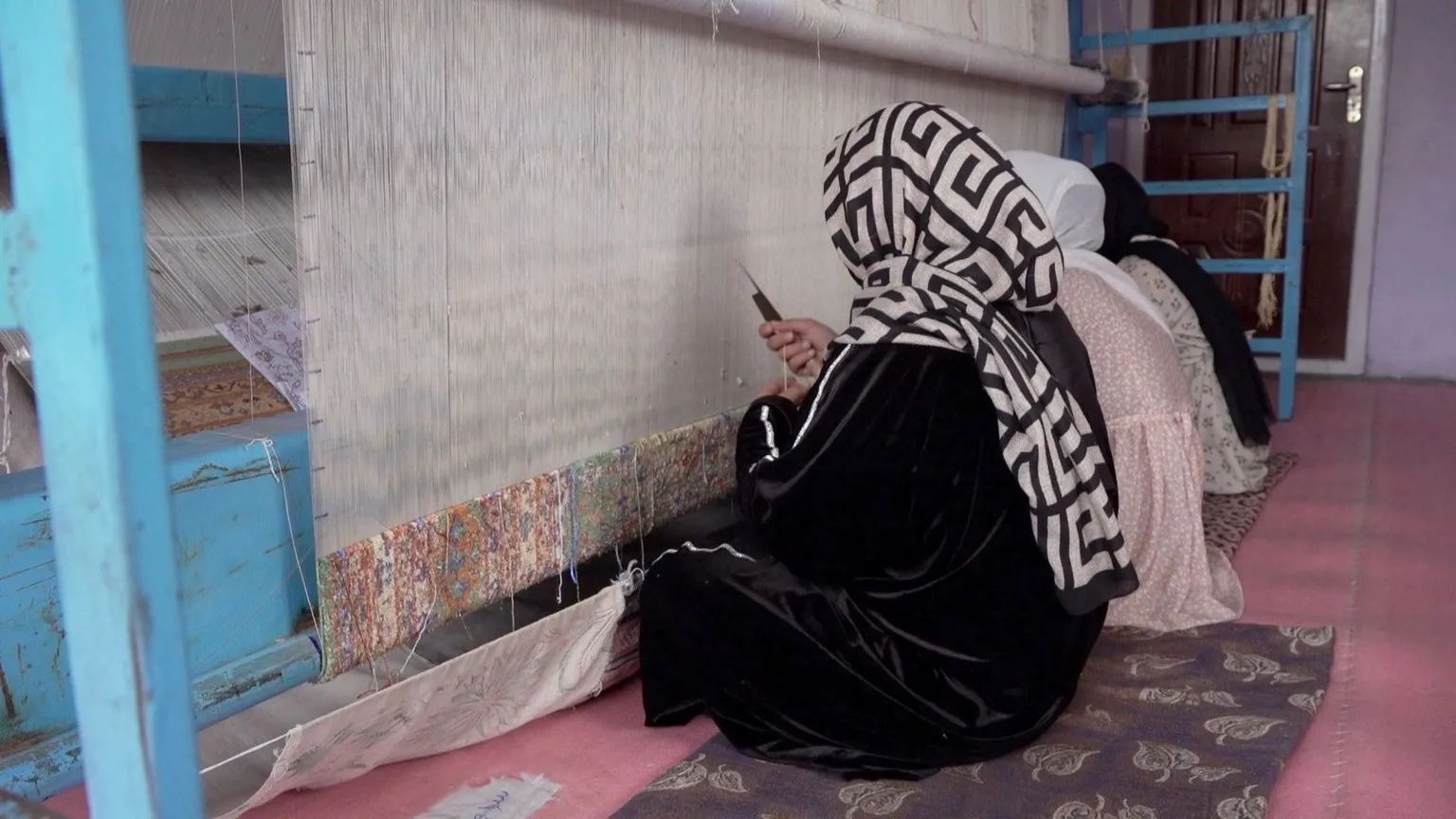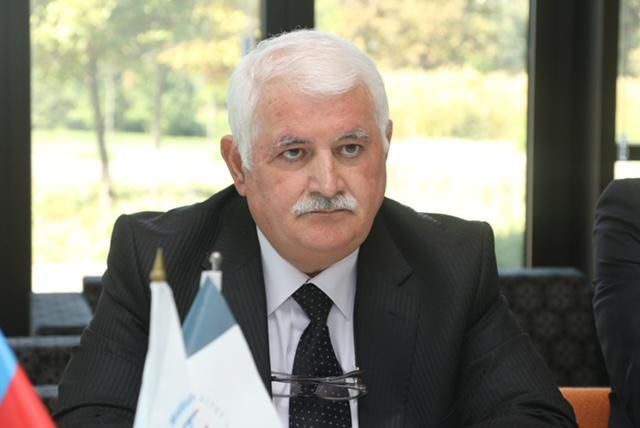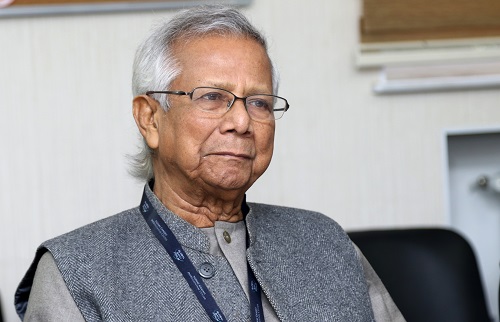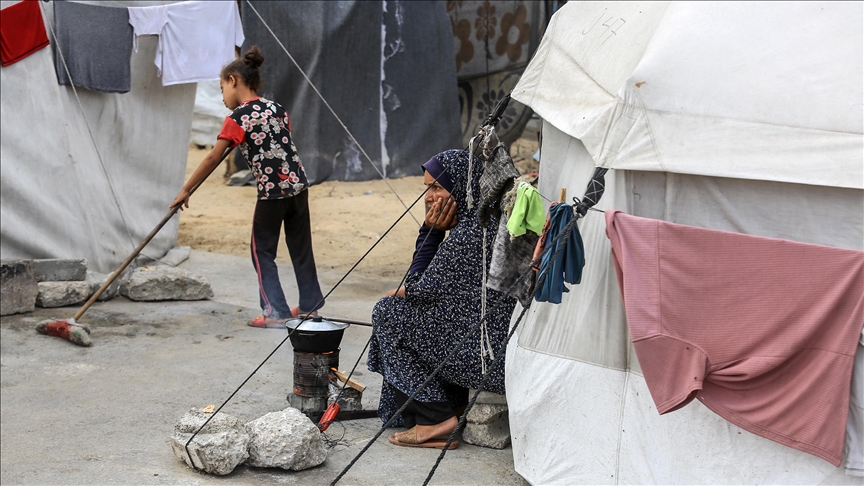At a workshop in Kabul where carpets are made, hundreds of women and girls work in a cramped space, the air thick and stifling.Among them is 19-year-old Salehe Hassani.Girls no longer have the chance to study.Since the Taliban seized power in 2021, girls over the age of 12 have been barred from getting an education, and women from many jobs.In 2020, only 19% of women were part of the workforce - four times less than men. That number has dropped even further under Taliban rule.
The lack of opportunities, coupled with the dire economic situation the country faces, have pushed many into long, laborious days of carpet weaving - one of the few trades the Taliban government allows women to work in.According to the UN, the livelihoods of about 1.2 to 1.5 million Afghans depend on the carpet weaving industry, with women making up nearly 90% of the workforce.In an economy that the UN warned in a 2024 report had "basically collapsed" since the Taliban took power, the carpet export business is booming.
The Ministry of Industry and Commerce noted that in the first six months of 2024 alone, over 2.4 million kilograms of carpets - worth $8.7m - were exported to countries such as Pakistan, India, Austria and the US.But this has not necessarily meant better wages for the weavers. Some the BBC spoke to said they had seen none of the profit from a piece sold in Kazakhstan last year that fetched $18,000.Within Afghanistan, carpets sell for far less - between $100-$150 per square metre. Needing money to help support their families and having few options for employment, workers are trapped in low-paid labour.
Carpet weavers say they earn about $27 for each square metre, which usually takes about a month to produce. That is less than a dollar a day despite the long, gruelling shifts that often stretch to 10 or 12 hours.Nisar Ahmad Hassieni, head of the Elmak Baft company, who let the BBC go inside his workshops, said that he pays his employees between $39 and $42 per square metre. He said they are paid every two weeks, with an eight-hour workday.
The Taliban has repeatedly said that girls will be allowed to return to school once its concerns, such as aligning the curriculum with Islamic values, are resolved - but so far, no concrete steps have been taken to make that happen.Mr Hassieni said that, following the rise of the Taliban government, his organisation made it its mission to support those left behind by the closures.Shakila, 22, makes carpets with her sisters in one of the rooms of the modest rental they also share with their elderly parents and three brothers. They live in the impoverished Dasht-e Barchi area, in the western outskirts of Kabul.
She once had dreams of becoming a lawyer, but now leads her family's carpet-making operation.Samira, who was at the school when the attacks happened, has been left traumatised, speaking with a stutter and struggling to express herself. Still, she says she would do anything to return to formal education.
Madina Mammadova//EDnews









